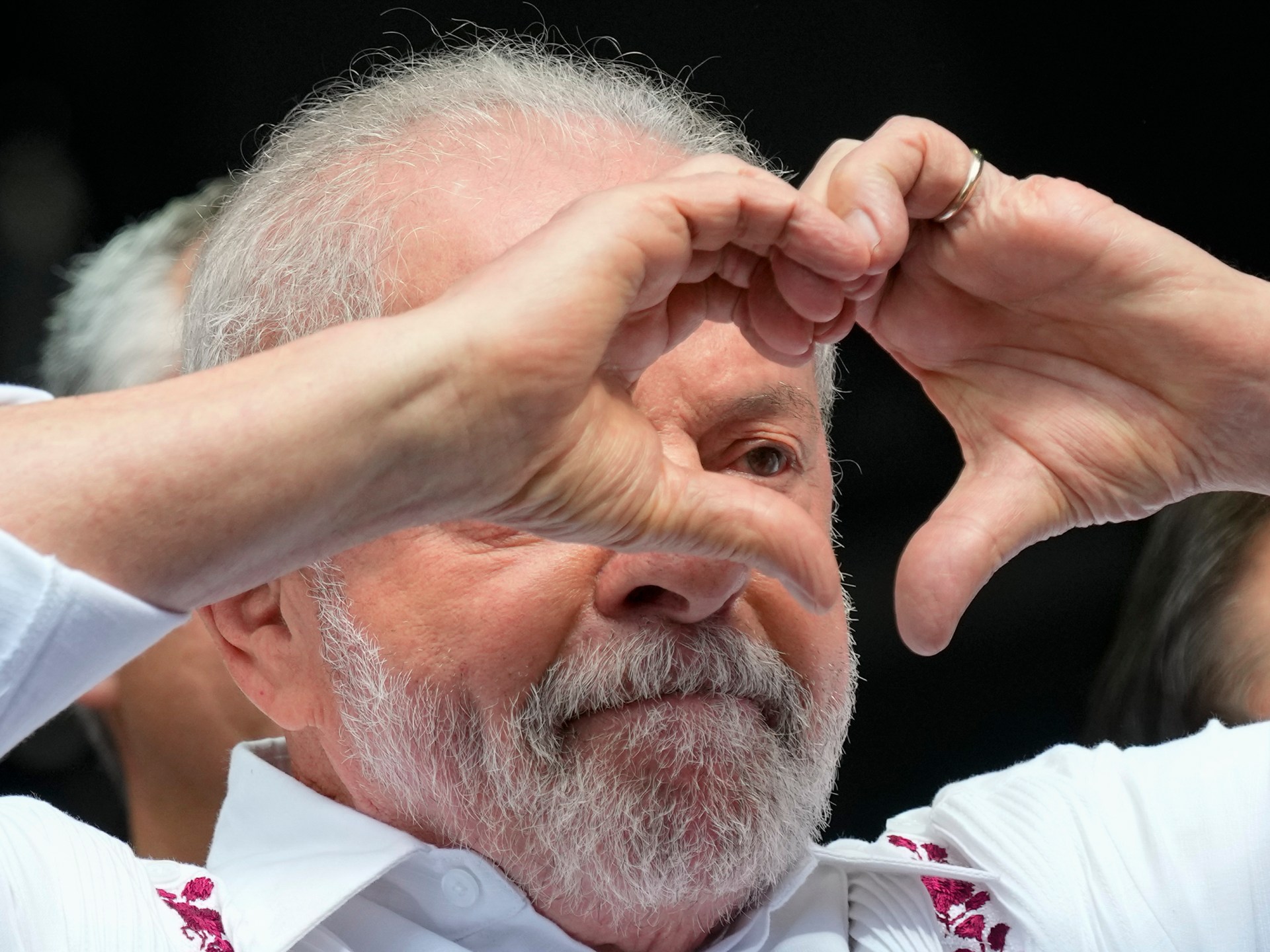
Dubai, United Arab Emirates – Even before he took office last January, Brazil was president Luiz Inacio Lula da Silva sought to position his country as a world leader in the fight against climate change.
He arrived at the UN Climate Change Conference last year to cheers and supporters chanting his name. “Brazil is back,” he told the enthusiastic audience, declaring the fight against climate change the “most important” issue of his government.
A year later, Lula returns on Friday to the annual climate conference, known in its latest edition as COP28. But critics doubt he has delivered on the sweeping promises he made on the world stage, especially as Brazil continues to expand its oil and natural gas sector.
“Lula da Silva’s Brazil cannot be a climate leader and the world’s fourth-largest oil exporter at the same time,” Suely Araújo, public policy specialist at environmental NGO Observatório do Clima, told Al Jazeera.
But with world leaders such as US President Joe Biden and China’s Xi Jinping noticeably absent from COP28, Lula wants to send the message that Brazil can combine its efforts to address climate policy and fill the leadership vacuum.
“We come to COP28 with our heads held high,” said Ana Toni, climate minister at the Ministry of Environment and Climate Change, during a press conference on November 8.
A feat of strength
The Brazilian government has already announced that the country plans to send the largest delegation in its history to the event, consisting of an estimated 2,400 registered participants.
Most are from civil society or business organizations, but at least 400 are expected to be government officials, including high-ranking ones Cabinet Minister.
The show of strength at COP28 contrasts with the smaller turnout under Lula’s predecessor, the former president Jair Bolsonaro.
The right-wing leader, a climate skeptic, has repeatedly been absent from the annual climate conferences and, upon taking office, revoked Brazil’s offer to host one of the events.
Bolsonaro also received criticism for his supervision Record values deforestation in Brazil Amazon rainforestwhere destruction in 2020 reached its highest level in 12 years. Approximately 218.4 square kilometers (84.3 sq mi) of forest area was destroyed in his country last month alone in office.
Deforestation slowed under Lula and has fallen by 20 percent since then Inauguration, according to government statistics. Earlier this year, he announced an “ecological transition plan” that would invest in green energy targets, setting the year 2030 the deadline for ending deforestation in the Amazon.
“Lula da Silva’s government has already made important progress in reshaping Brazil’s environmental policy,” Araújo said. “The climate agenda has taken a central place [in his administration] since his presidential campaign.”

Need for home support
But critics have criticized Lula for it doesn’t go far enough – and for failing to engage key stakeholders in his climate agenda.
“We still live in the land of promises, not effectiveness,” said Dinamam Tuxá, executive coordinator of the Articulation of Indigenous Peoples of Brazil (APIB), a coalition for the rights of indigenous peoples.
Lula is expected to use the COP28 conference to press world leaders for stronger commitments to protect rainforests like the Amazon, which are crucial to curbing climate change.
But Tuxá fears that Lula’s proposals are empty words without more political support at home.
Brazil’s Congress is more conservative, with Bolsonaro’s party holding the most seats of all factions in the lower house. Tuxá explained that this frustrated Lula’s goals of strengthening Brazil’s economic policies and promoting indigenous rights.
“We see a beautiful discourse and maybe even political will, but there is no governability,” Tuxá said.
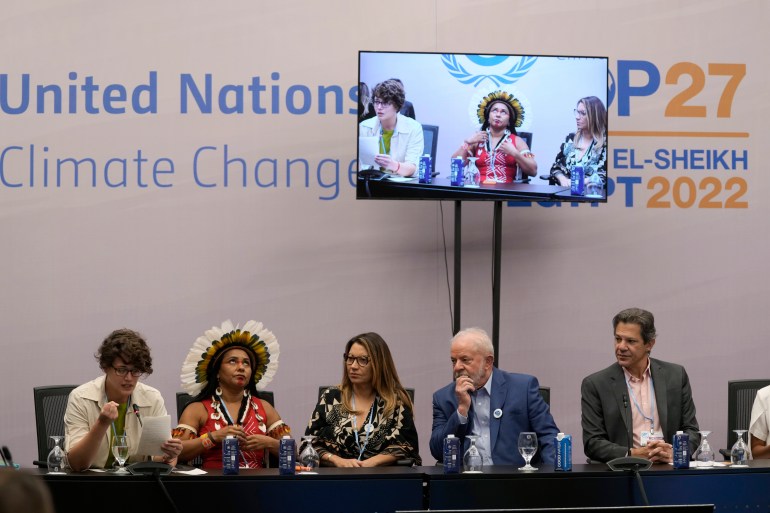
More than half of Brazil 1.7 million indigenous people live in the Amazon region and are therefore important partners in the fight for environmental protection.
But earlier this year, Brazil’s Congress voted to restrict the powers of federal agencies that advocate for indigenous peoples and the environment. And in October, Lula vetoed the legislation in part to limit what would be considered such Indigenous landwhich sparked criticism for not rejecting the entire bill.
“We understand that it is a coalition government, but unfortunately this has made it difficult to adopt public measures for the indigenous population,” Tuxá explained.
Other groups also complained about a sense of marginalization in Lula’s climate policies.
Tâmara Terso, a member of the Black Voices for Climate network, said her group would attend COP28 to speak out against environmental racism in Brazil, a term that describes how communities of color face disproportionate impacts of climate change.
She criticized Lula’s government for failing to incorporate a racially conscious perspective into its environmental plans.
“Although we have reached a point of dialogue, there are still barriers to participation in the decision-making process,” she said. “That is the message we bring to COP28.”
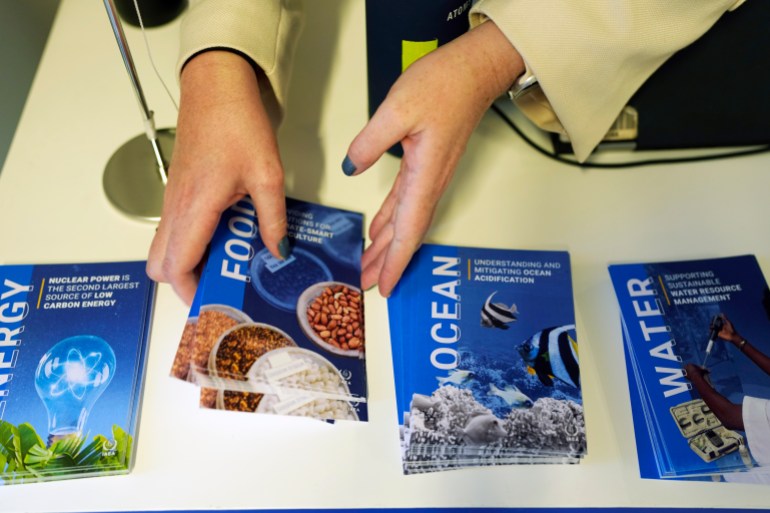
“Greenwashing” at COP28
Other advocates have since questioned the messages powerful interest groups will be broadcast at COP28. Cinthia Leone, spokesperson for Brazilian nonprofit ClimaInfo, noted the increasing presence of companies at the conference.
She fears that climate change events could become PR platforms for industries that have little interest in reducing their carbon emissions.
“Businesses have learned from civil society that they need to be present at COPs,” Leone said.
“When they arrive, they come strong, with lots of money and robust marketing strategies. This ultimately turns the event into a large trade fair where companies set up their stands to sell their greenwashing and false solutions.”
The accusation of “greenwashing” – or spreading a misleading environmental record – is one that Lula himself is facing in the run-up to COP28.
Nicole Oliveira, executive director of the Arayara International Institute, an NGO, pointed out what she said were contradictions in Lula’s rhetoric and his government’s actions.
A day after COP28 ended on December 13, Oliveira said Brazil’s National Petroleum Agency plans to auction off hundreds of “blocks” of land for oil exploration.
“The blocks offered for auction coincide with nature reserves, including some on the Noronha seamounts, recognized worldwide for their role in conserving marine biodiversity,” Oliveira said. “We never expected such an auction would take place under this government.”
She also criticized an announcement by the Ministry of Mines and Energy that suggested Lula’s government aimed to make Brazil the world’s fourth-largest oil exporter.
“At this point in the climate crisis, we should take a different path and not burn more fossil fuels,” Oliveira said.

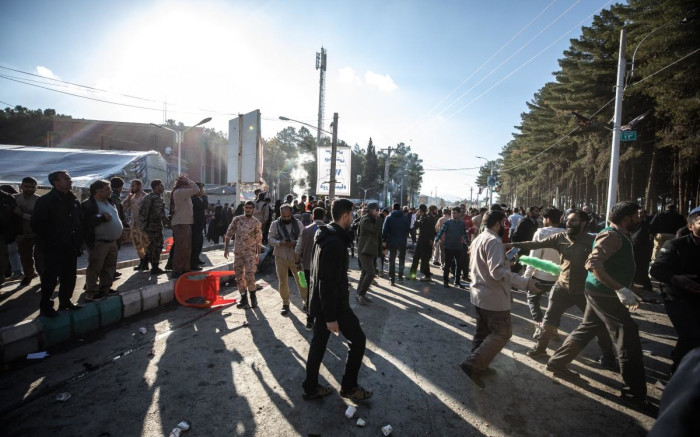
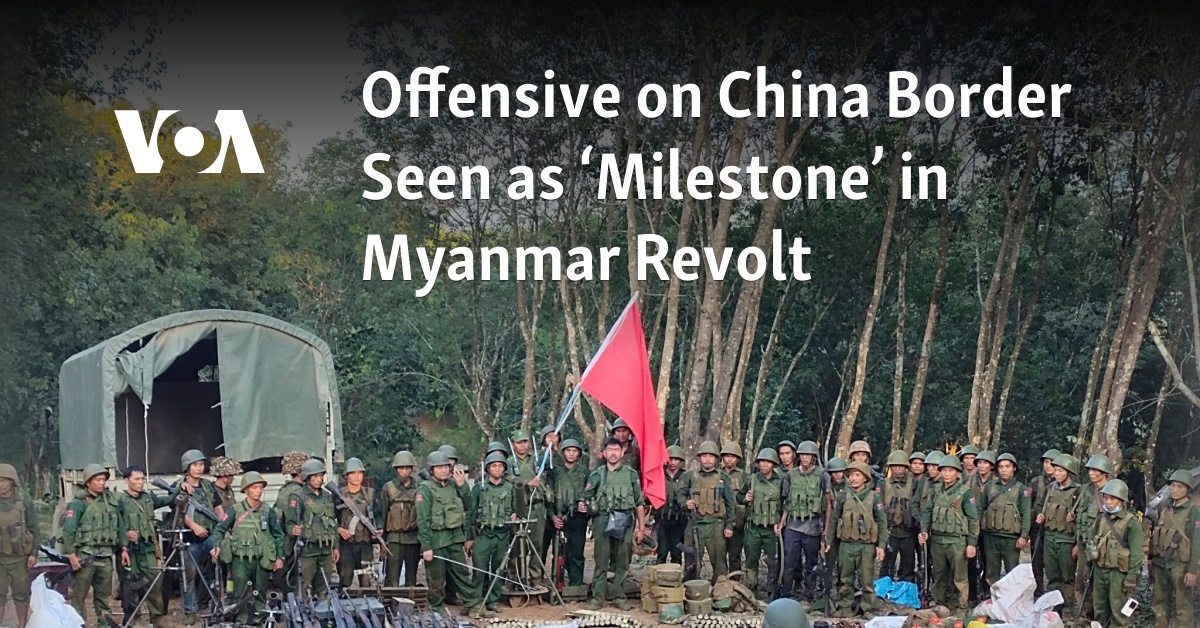



Recent Comments